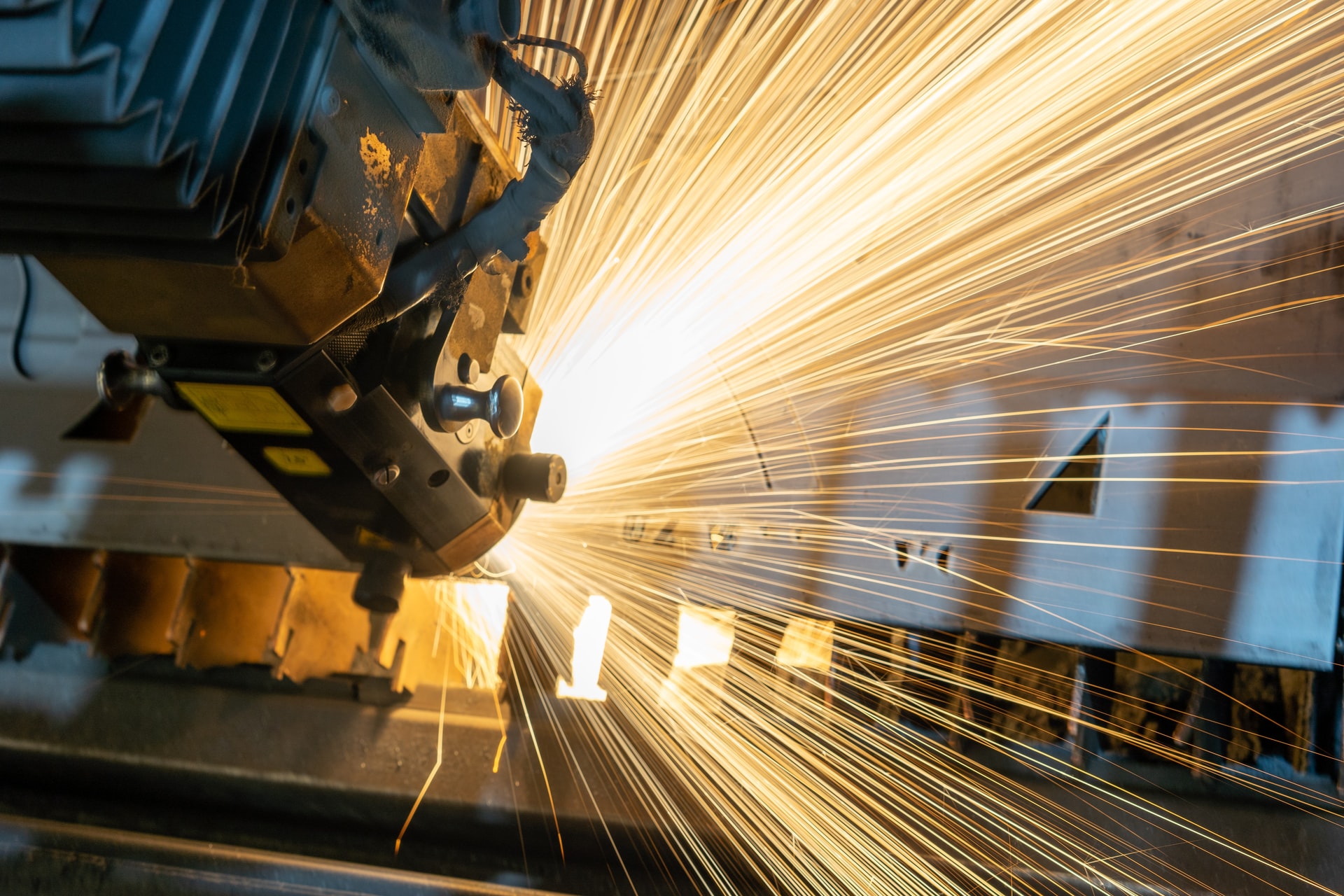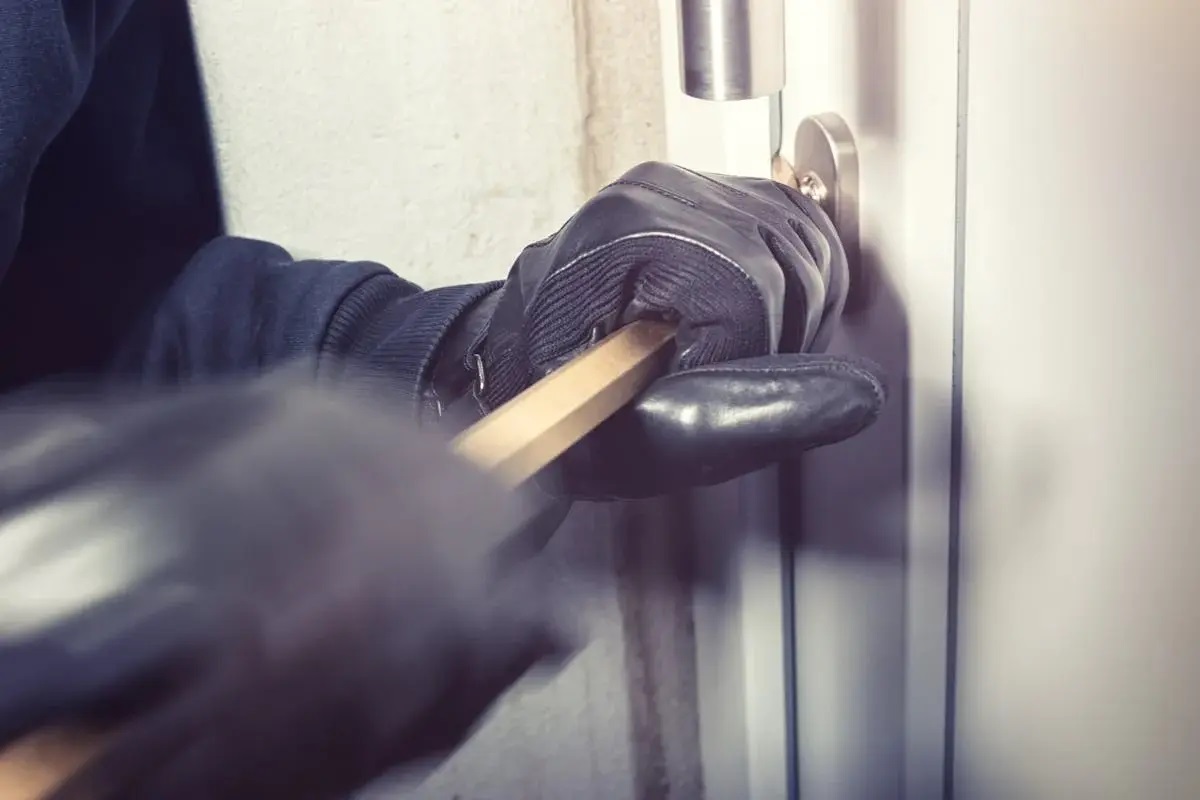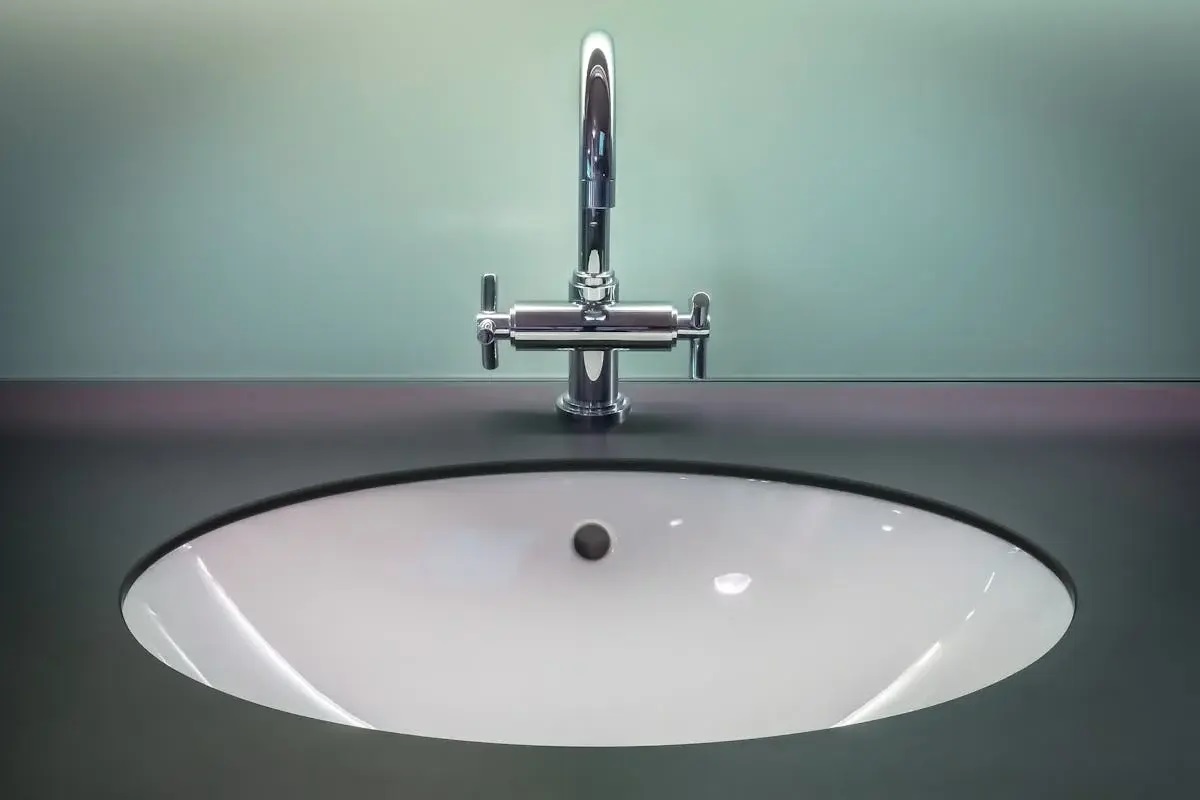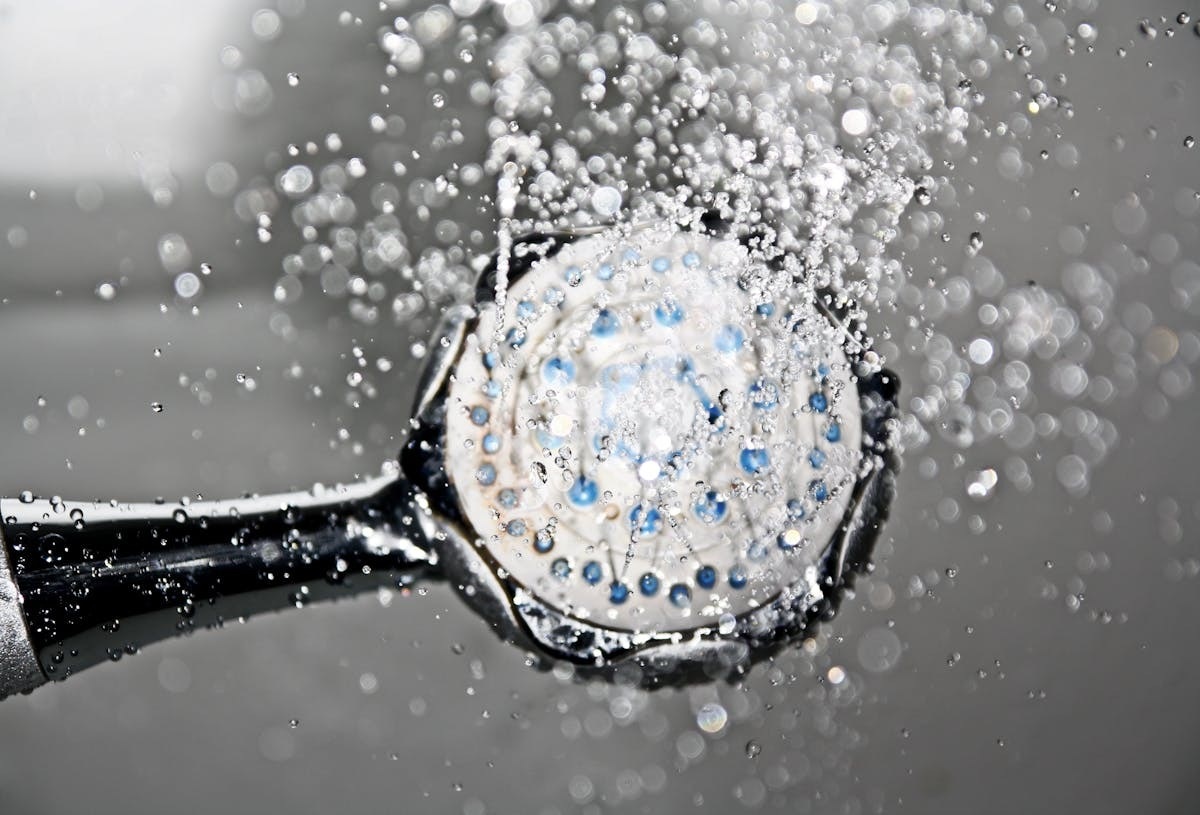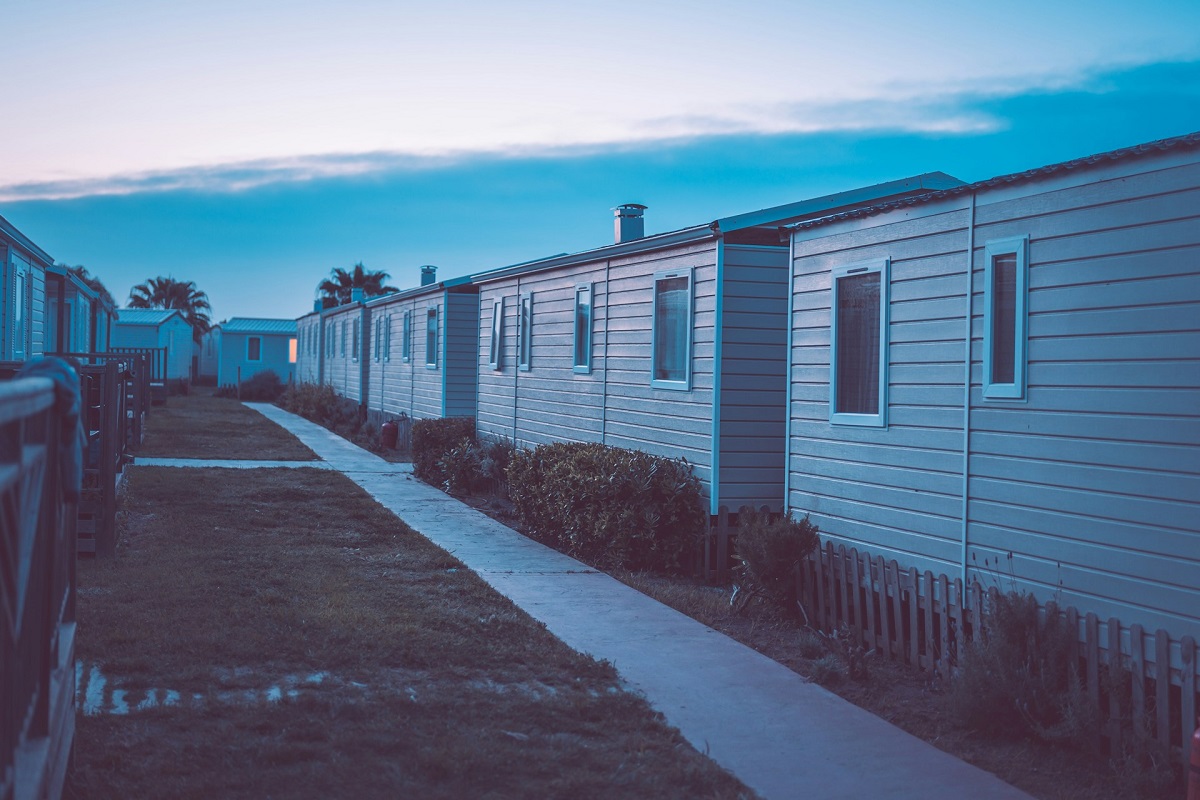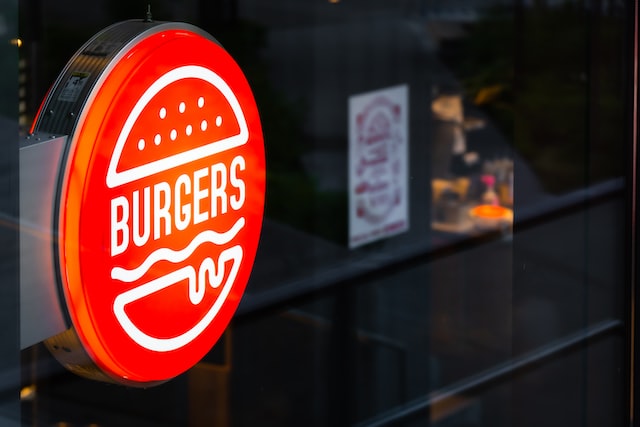Appliance repair or replacement? That is the question
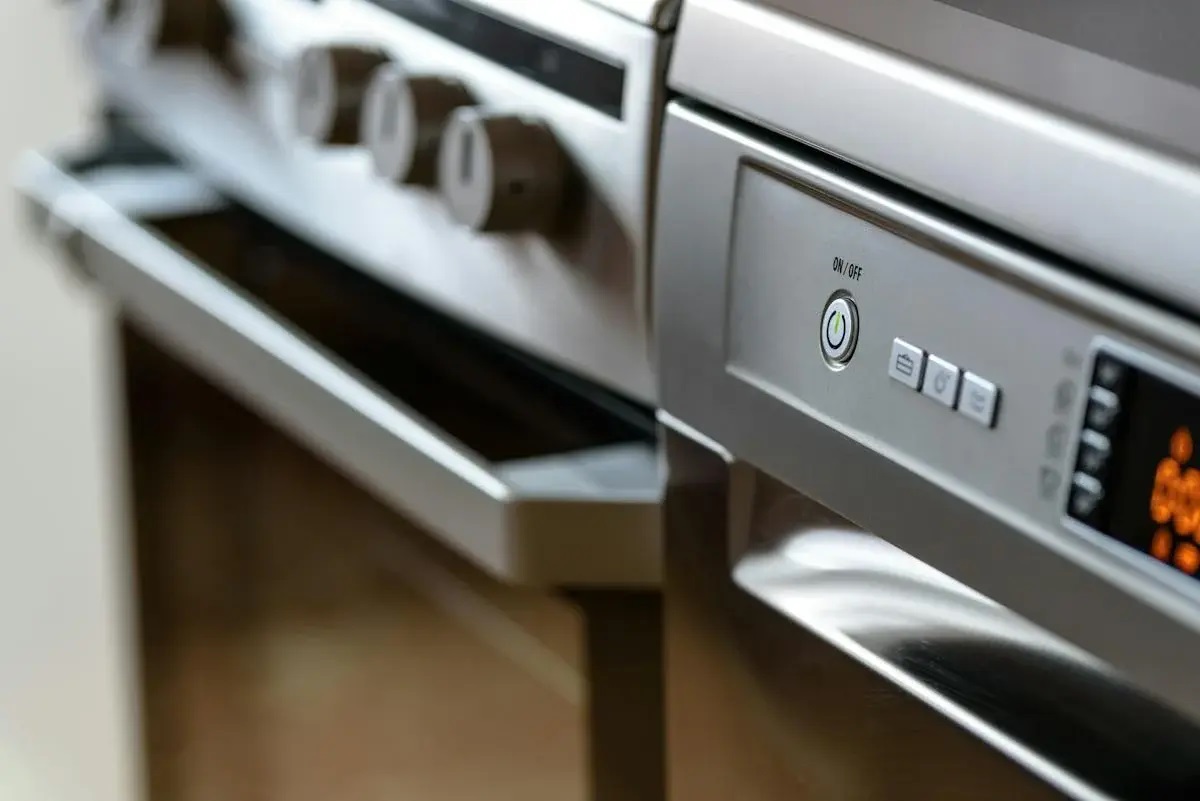
Published Date 2/9/2024
Appliances aren’t made to last forever, but there are varying degrees of how much a given appliance is used. If you’re single and takeout food is a staple, you can’t compare the number of uses any of your appliances have experienced compared to a family of four except for — maybe — your refrigerator to keep the leftovers edible.
Whether it’s a wheezing washer, a fridge on the fritz, or an overworked oven, however, you are faced with that “repair or replace” question. “Sure, new is always nice, but that can get pricey,” says Realtor.com’s Cathie Ericson. “However, if you funnel money into repairs, who’s to say it won’t break down again later?”
Ericson offers questions you need to answer to get some clarity on what to do, the first of which is — how old is the given appliance? It’s just the first metric to take into consideration when figuring out how much “useful” life is left on the old girl. Underused equals more life and overused means the point of diminishing returns.
Routine maintenance—or the lack thereof—can also affect the life span. “If you never clean your refrigerator’s condenser coils, for example, it will not operate as efficiently as a refrigerator that’s had its coils cleaned twice yearly,” says Ericson. Regular maintenance affects everything from longevity, reliable operation, and increased efficiency.
Then there is the price tag, which will make you examine the trade-off between the cost of the repair and the cost of a replacement appliance. One rule of thumb is to replace an appliance if the repair is going to cost more than half the price of a new one. For example, if a new oven is going to run you $400, you wouldn’t want to spend more than $200 to repair your existing unit. And don’t forget the frequency of the breakdowns. Repairs can add up fast, so if the same problem has cropped up more than once, it’s probably time to retire the beast.
Speaking of repairs, often the type of repair can dictate whether you need a new machine instead of a fixed-up one. Ericson reasons, “For example, a telltale replacement sign for a washer is a breakdown in the machine’s transmission, which is responsible for turning the drum of the washer and transitioning the water throughout cycles. Attempting to remove or repair the transmission is extremely complicated.” An error code on the control panel, however, can be easily fixed as a professional can easily reprogram it. So it might be worth it to pay for a service call just to find out what’s up before you assume it’s unsalvageable.
Appliances, like all other manner of electronics have become more efficient over time. That begs the question: is it worth it to simply replace old with new to save over time? “The energy efficiency of appliances can have a major impact on total household energy usage: Appliances account for 15% of annual household energy bills, according to EnergyStar.gov,” says Ericson. “If your sickly appliance is not Energy Star–certified, that might be even more reason to consider replacing it, since you will almost surely save money each month through lower energy bills.” A typical Energy Star–certified washer uses about 70% less energy and 75% less water than a 20-year-old one.
If you decide to opt for the new and shiny, Ericson wants you to know that there is no need to hesitate to junk an appliance because of the environmental cost associated with waste. “While that is a factor to consider, remember that your old appliance isn’t necessarily going straight to the landfill,” she says. Through the Responsible Appliance Disposal program sponsored by the Environmental Protection Agency, companies haul away and responsibly discard customers’ appliances when they purchase new, energy-efficient products.”
Realtor, TBWS
All information furnished has been forwarded to you and is provided by thetbwsgroup only for informational purposes. Forecasting shall be considered as events which may be expected but not guaranteed. Neither the forwarding party and/or company nor thetbwsgroup assume any responsibility to any person who relies on information or forecasting contained in this report and disclaims all liability in respect to decisions or actions, or lack thereof based on any or all of the contents of this report.
NMA Home Loans is Licensed by the California Department of Real Estate under License # 01111689 and NMLS # 320740











